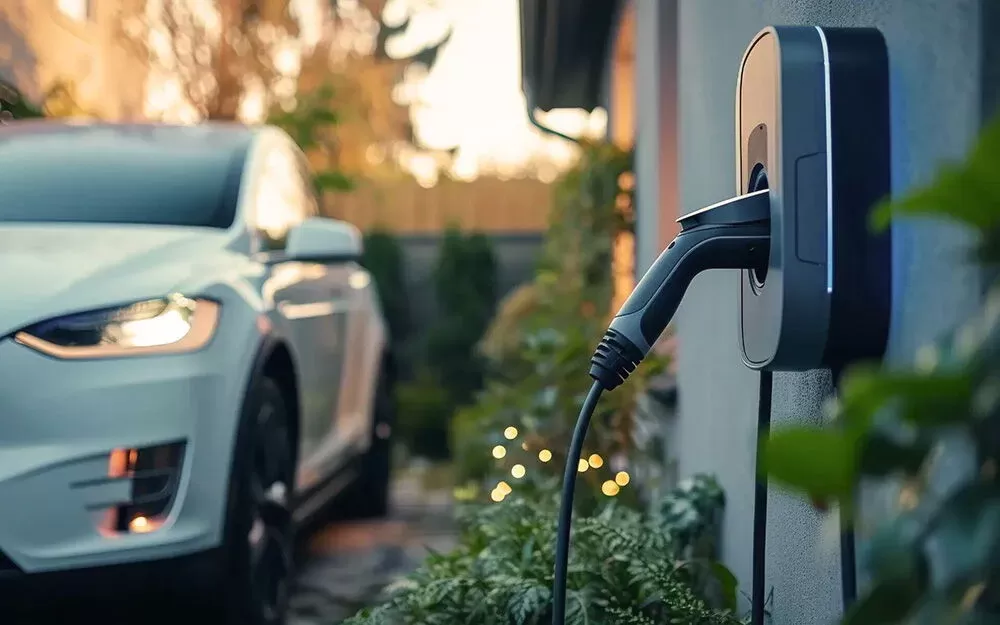Notifications

4 minutes, 11 seconds
-24 Views 0 Comments 0 Likes 0 Reviews

As a professional EV charger manufacturer in China, Topper Company delivers dependable electric vehicle charging equipment and comprehensive charging solutions.
As electric vehicles (EVs) become increasingly popular, choosing the right charging solution is crucial. For many drivers, plug-in EV chargers offer a simple, flexible, and effective way to keep their vehicles powered—especially for those charging at home.
A plug-in EV charger connects your vehicle to a power source using a standard 120V or 240V outlet. Unlike hardwired chargers, plug-in units are easy to install and highly portable. This makes them an excellent choice for both homeowners and renters, especially those who may move or travel frequently.
120V Chargers (Level 1)
These use a regular household outlet and are very easy to use. However, they charge slowly—typically adding 4–5 miles of range per hour. They're ideal for low-mileage drivers or overnight charging needs.
240V Chargers (Level 2)
These plug into outlets like those used for dryers and offer much faster charging—up to 25–30 miles of range per hour. A full charge is usually possible overnight, making them more suitable for daily use or longer commutes.
Easy Installation: Most 240V plug-in chargers use a NEMA 14-50 outlet, and setup can often be done without an electrician.
Portability: The ability to unplug and take the charger elsewhere is ideal for travelers, renters, or people with multiple residences.
Lower Amperage Options: Many models operate at 40 amps or lower, reducing the need for costly electrical upgrades.
Convenience: Simply plug the charger into an outlet and your vehicle—no complex setup required.
Safety: Modern plug-in chargers include built-in safety features, such as overcurrent protection, weather resistance, and locking mechanisms to prevent theft or tampering.
Electrical Panel Capacity: Ensure your home’s panel can handle the extra load. Older homes may need upgrades.
Upgrade Costs: If modifications are needed, budget accordingly. Costs can vary based on your home’s wiring and local regulations.
Installation Fees: Though simple, a professional electrician may still be required to install the outlet or check compatibility.
Charging Speed Needs: Think about your driving habits. If you drive long distances daily, a 240V charger is likely the better choice.
Electricity Costs: Frequent charging will raise your energy bill. Home charging is still cheaper than public stations, but it’s good to estimate long-term usage.
Plug-in EV chargers are a practical and user-friendly option for EV owners who want a convenient, cost-effective charging solution. Whether you choose a basic 120V charger or a faster 240V model, the flexibility and ease of use make plug-in chargers a great fit for many lifestyles.
By assessing your vehicle usage, home electrical setup, and travel habits, you can choose the plug-in charger that fits your needs—helping you stay powered wherever the road takes you.Know more about Google SEO Directory
China EV Chargers EV Charger Manufacturer EV Charging Solutions

